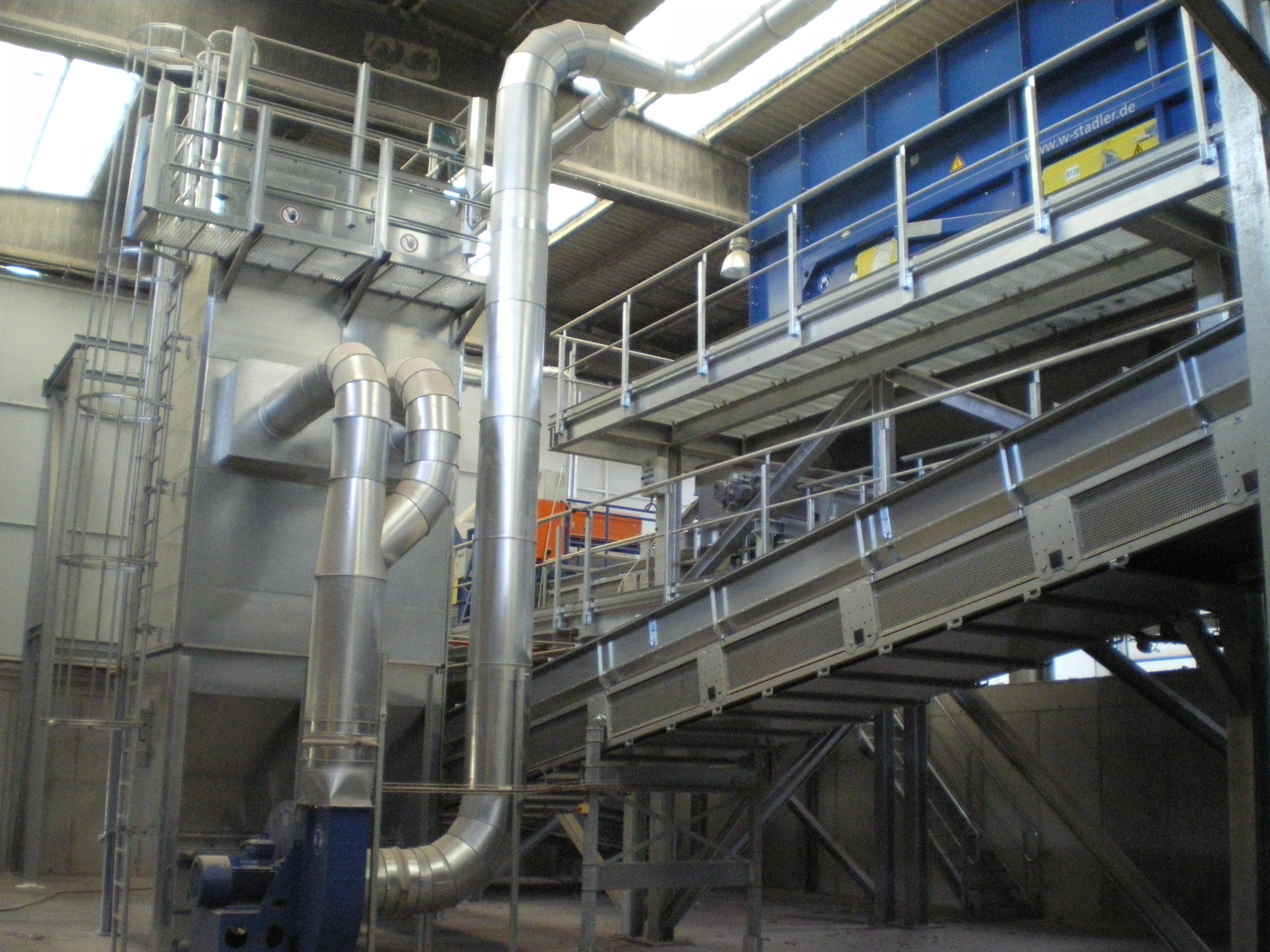FCC commissions its first refuse-derived fuel plant

The new cutting-edge refuse-derived fuel (RDF) plant, developed by FCC Ámbito, FCC's industrial waste management division, is one of the few of its type in Spain; it is located on a 7,000 m2 site in the Comte de Serte business park, in Castellbisbal.
Construction of the new plant cost over 3.5 million euro. It can treat 45,000 tonnes of waste per year and is expected to produce around 30,000 tonnes of alternative fuel, which has a high heating value, no chlorine, and is dry, easily handled and stable.
The plant's objective is to optimise recovery of the industrial solid waste managed by FCC Ámbito. The fuel produced from the non-hazardous industrial waste will replace conventional fuels, such as petroleum coke, in varying proportions depending on the specific kiln.
FCC has reached an agreement with Uniland, a subsidiary of Cementos Portland Valderrivas Group (majority owned by FCC) to supply RDF for the kilns in its Catalonia plants. This collaboration, which is the result of an agreement signed between Uniland and FCC Ámbito, enables the group to make optimal use of the waste it generates and to reduce its CO2 emissions and ecological footprint.
Environmental advantages
This plant also reduces the use of controlled landfills, which can now focus strictly on non-reusable waste. Producing RDF enables the company to optimise reuse of waste, the bulk of which comes from FCC Ámbito's plants, where the recoverable fractions (paper, cardboard, plastic, metal, etc.) have already been extracted.
This new fuel will significantly reduce CO2 emissions and provide notable savings due to fuel substitution and unused CO2 emissions allowances. One tonne of RDF can offset more than one tonne of CO2 emissions.








